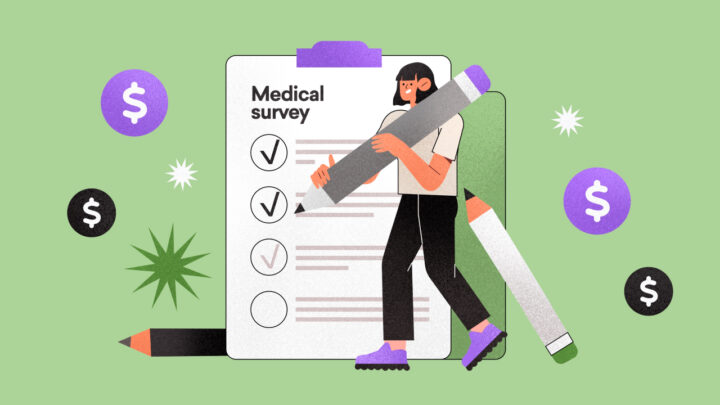
Studies have shown that higher levels of education and higher incomes are linked to lower risks of depression and discrimination. This is true for white people and black women. But, according to a recent article in The Washington Post, “for high-achieving black men, more success actually increases the likelihood they will experience symptoms of depression and anxiety. That’s the conclusion of Shervin Assari and T.J. Curry, researchers who have spent decades studying depression in, and discrimination against, black men in the United States.
In a poll of 130+ global Sermo physicians, 75% said they believe this problem needs to receive more medical attention; and 86% believe that shedding light on this problem is the first step in addressing it. Sixty-six percent of physicians responded that they are concerned by the toll that race and gender play in mental health, particularly for black men. In terms of their own experiences, 55% of physicians said they have personally witnessed how systemic biases and discrimination can result in anxiety and depression for black men, or other minorities, in their own practices. And 52% believe this is a problem in their own community.














